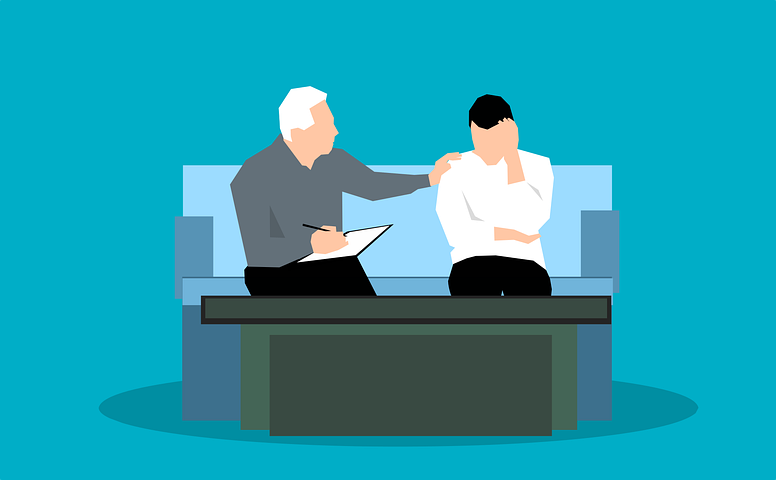Everyone experiences loss throughout life, but the inexplicable aspect of the experience is regardless of how many people surround the grief-stricken individual, that person feels exceptionally alone in their struggle.
Impartial third-party counselling for grief loss and bereavement in Malvern makes it, so you don’t have to suffer in silence. The intention is to help individuals process the loss, work through their feelings, to then move forward.
Acknowledging the loss’ impact is vital, as is allowing yourself to remember and celebrate the person’s life and your memories. It’s equally important to find a way to make an agenda to work toward for the future. If you’re uncertain if you need grief counseling, let’s review a few signs that the sessions would help you.
Do You Need Counseling For Grief, Loss, and Bereavement
Everyone handles grief in their own way. In most cases, though, it’s common for each person who loses someone important to them to suffer alone and in silence. There are also those who have extensive support systems surrounding them.
It doesn’t need to be that way. In fact, it’s tough to move forward if you don’t process the loss. Professional grief counselors are often precisely the impartial “ear” that the bereaved need to navigate their emotions when they’re stifling them. Learn how to deal with grief and loss at https://www.helpguide.org/articles/grief/coping-with-grief-and-loss.htm.
If you’re unsure if grief counseling is for you, review the struggles and see how you might benefit.
You lost someone or something beloved
Everyone experiencing grief can benefit from speaking with a grief counselor. Many people lose loved ones each day, grieve silently and go on without ever receiving counseling.
It’s challenging, though, with some people experiencing severe repercussions or extended grief periods when left to struggle on their own. It’s not better to wait until the feeling overwhelms you.
It’s also crucial that you recognize grief counseling is available for all loss, whether related to:
- Divorce
- Career
- A pet
- Health circumstances or age
- Familial relationships
The ability to move on is challenging
There’s no time limit on how long you’re entitled to mourn. Some people can start to feel ready to move forward relatively fast. Others mourn for an extensive period. But if it’s beginning to feel like you’re trapped in one place with no sign of moving past that point, grief counseling can help you work through those feelings.
You haven’t processed the grief at all
If you’re acting almost like nothing happened, internalizing your feelings and just moving on with life, avoiding the grieving process, this can lead to a crash at some point. Putting a loss behind you rapidly that you haven’t taken time to deal with means there is still pain lingering, and it will surface when you’re not anticipating it.
You’ll recognize this if you’re constantly telling people, or even saying it under your own breath, that you’re okay. When you minimize the loss, you’re not allowing yourself to process.
That includes ignoring things that remind you of the person, like not attending specific restaurants, skipping programs on TV, and taking their pictures down. These are signs to speak with a grief counselor. Click for guidance on what grief counseling is.

Your grief is beginning to turn into depression
It’s important not to confuse grief with depression; it isn’t the same thing. But grief can transition into depression. At that point, it’s vital to reach out for intervention. When depression has begun to settle in, some of the symptoms you might notice:
- The focus is no longer on the loss but on you.
- You have diminished self-esteem, less value, and a sense of guilt.
- There are feelings of hopelessness and no sense of pleasure or interest.
- When with others, there’s no feeling of comfort.
- You feel numb with a restriction on your array of emotions.
- Thoughts of death mean you’ll no longer feel pain; you believe you’re unworthy of living.
Depression is not “normal grief.” These thoughts are associated with feelings of depression. While they can result from overwhelming grief, the symptoms need to be addressed in counseling.
Final Thought
While everyone struggling with grief feels it’s a battle they must face alone, and many suffer in silence, it doesn’t have to be that way. Grief counselors can be that impartial shoulder you need to lean on when you want to avoid the opinions and feedback from those close to you.
You can share how the experience affects your world, what the person brought to your life, how you’ll remember them, and consider where you go from here. If you aren’t processing your grief, search for a trusted counselor to help you do so.








